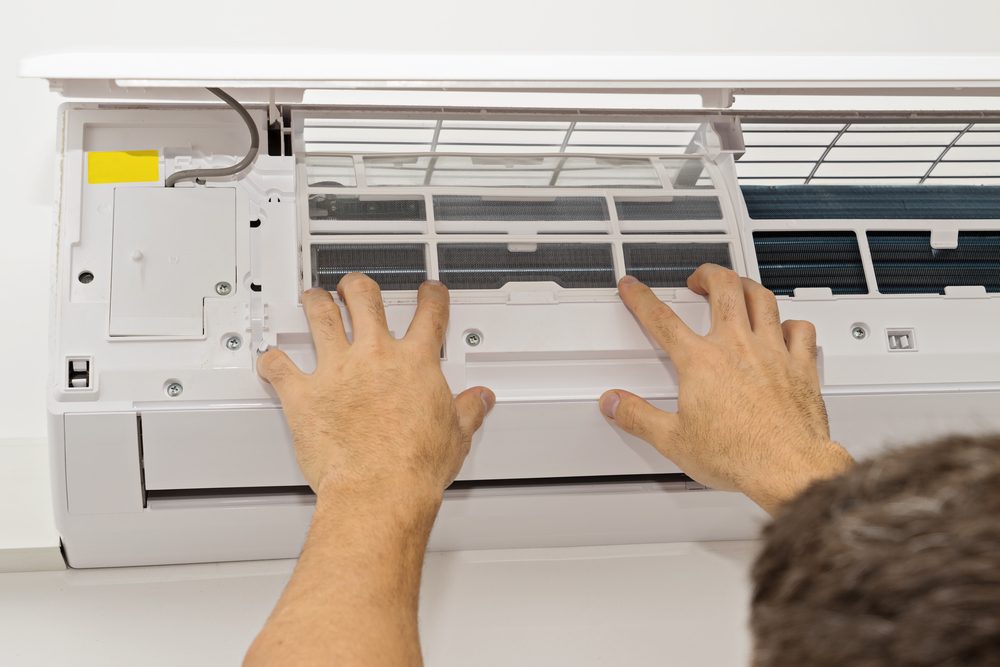
When people think about their HVAC systems, they’re more concerned with whether it’s working in the summer than the overall air quality. As long as the cool air flows throughout the house, they don’t pay a second thought to anything else. However, the quality of the air circulating through your home has a direct impact on your quality of life.
If you haven’t had your home HVAC system undergo proper maintenance checks, the potential for your IAQ to dip becomes greater. But what determines your home’s IAQ, and what can you do to improve it?
What Determines An IAQ?
Your home represents a typically closed system designed to keep the airflow as streamlined as possible. However, if contaminants get into the system, your indoor air quality score can drop. IAQ are determined by measuring a combination of your heating and cooling systems, ventilation, allergens, and other factors.
How Does An HVAC System Regulate Indoor Air Quality?
When in good working condition, your HVAC system works seamlessly to deliver high-quality air to every corner of your home. With various air filters, settings, ductwork, and machinery, your system carefully manages and regulates the airflow and quality throughout your home. When you don’t perform regular maintenance on your system, the air quality can become negatively affected.
Factors That Can Negatively Affect IAQ
When it comes to indoor IAQ, numerous factors can negatively impact your score and potentially your overall health. If your HVAC system has been adequately maintained, then the mix between indoor and outdoor air can be thrown off balance; with this delicate equilibrium thrown off, the likelihood of allergens and other contaminants in the air rises.
Additionally, an array of indoor allergens not getting cycled through can potentially lower your score. With things like pet dander and dust particles in the air, the filters and cycling that your HVAC systems utilize can help keep their levels down. So when your system falls into disrepair, the chance for these allergens to spread increases.
How Can I Test My IAQ?
With the various compounds and potential contaminants that can affect your IAQ, you’ll want to identify what the dangers are. While there isn’t one dedicated test that can register every possible foreign substance, you can still conduct various tests for specific allergens and contaminants. Our Gwinnett County-based air conditioning services can help you determine your current IAQ and how you best fix any issues.
Some of the most common contaminants people test for include:
- Carbon Monoxide
- Organic Compounds
- Cleaning Chemicals
The presence of these contaminants combined with an under-maintained HVAC system can lead to lower IAQ and illness throughout your home. Keeping your system in good working condition can help manage these potential issues and keep your health in a good place. It’s advisable to get a professional to come out and conduct the tests for you; they have access to the most up-to-date testing procedures and practices.
Can I Improve My IAQ?
The easiest way to improve your IAQ is to regularly inspect your HVAC system. While you can change out filters yourself to get the most thorough inspection possible, calling in the professionals to inspect your system is the right call. The Bolton Heating, Air & Fireplace team can help you properly inspect and repair your HVAC system to drastically improve your IAQ in time for summer. Contact us to schedule an appointment with our Fulton County air conditioner repair service today!
